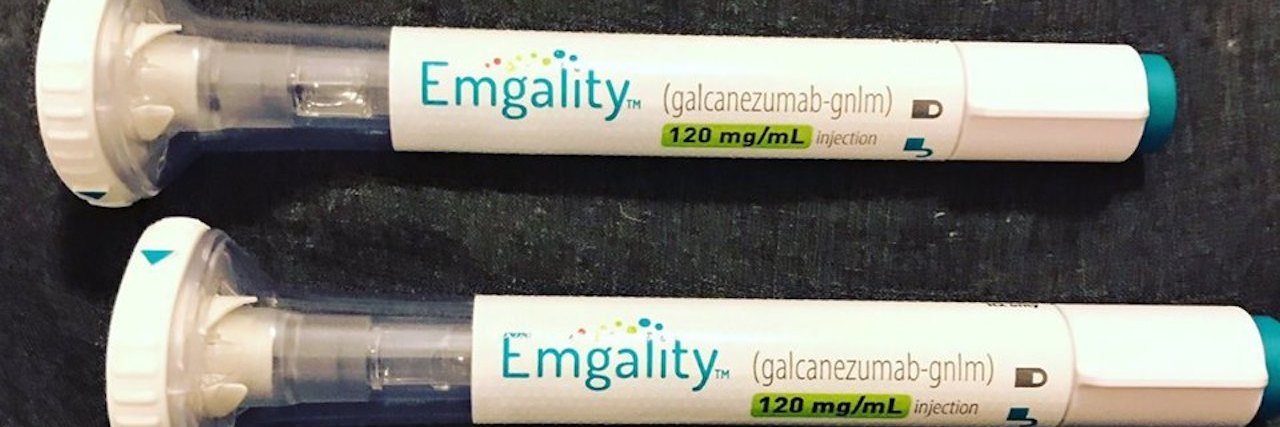On Tuesday, the U.S. Food and Drug Administration (FDA) approved the first drug to treat episodic cluster headaches.
The new FDA-approved drug, called Emgality (generic name galcanezumab), was previously approved in 2018 for migraine prevention. In a clinical trial on its effectiveness in treating episodic cluster headache, researchers gave 106 participants either Emgality or a placebo with no effect. During the three-week study, participants who received the drug experienced nearly nine fewer weekly cluster attacks on average compared to just over five in the placebo group. It was not effective for treating chronic cluster headaches.
Cluster headache, according to the American Migraine Foundation, is a type of trigeminal autonomic cephalalgias headache. Like its “cluster” name implies, these headaches are typically short but occur in groups, normally one to eight headaches per day. Cluster headaches are often very painful, and can cause other symptoms like sinus issues, restlessness or agitation.
Like other migraine prevention drugs such as Aimovig, Emgality works by prohibiting activity of the calcitonin gene-related peptide (CGRP). CGRP is a neurotransmitter that plays a role in vasodilation, or the widening of your blood vessels in the brain. Previous research suggests CGRP may play a role in migraine and other headache disorders.
The drug is administered by self-injection. Reported side effects, according to the FDA, include hypersensitivity, immune system reactions such as allergies, and reactions at the injection site. Because Emgality is already on the market, the drug is available for treating cluster headaches now. According to the manufacturer’s website, Eli Lilly, the out-of-pocket price for the drug is $575 for a 120 mg pen or syringe. On the company’s website you can also check the estimated price of Emgality based on your insurance coverage.
“Emgality provides patients with the first FDA-approved drug that reduces the frequency of attacks of episodic cluster headache, an extremely painful and often debilitating condition,” Eric Bastings, M.D., deputy director of the Division of Neurology Products in the FDA’s Center for Drug Evaluation and Research, said in a statement. “The FDA is committed to continuing to work with drug developers to bring treatments for unmet medical needs to patients.”
Header image via Facebook

